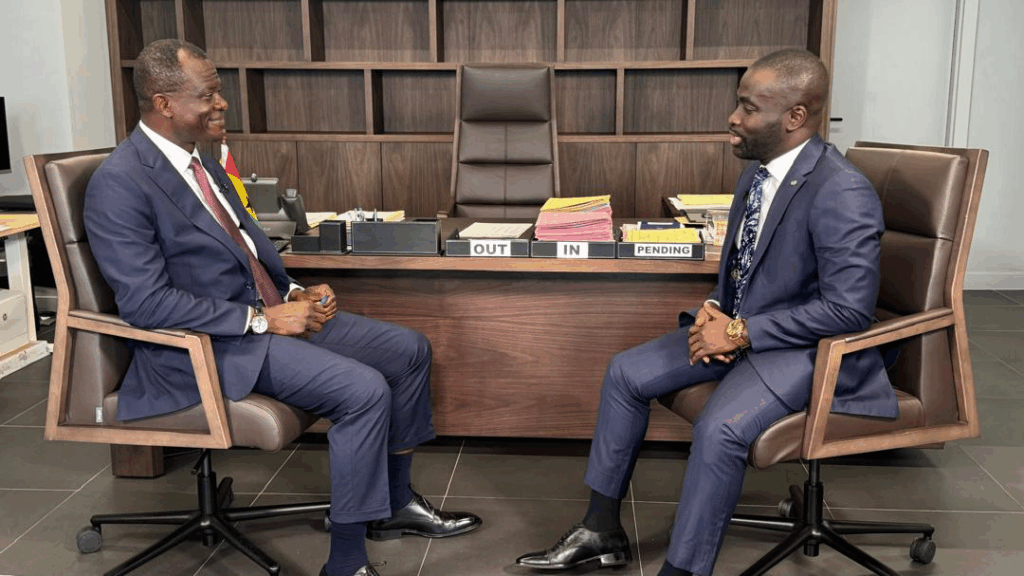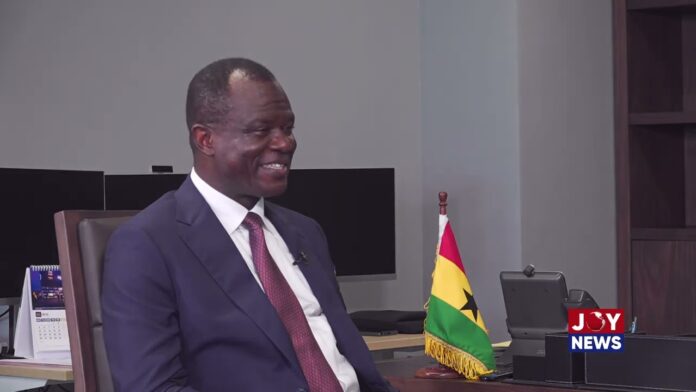The First Deputy Governor of the Bank of Ghana (BoG), Dr. Mumuni Zakaria, has clarified that the recent rally of the cedi is not due to artificial intervention by the central bank, but rather the result of strong, non-debt-creating foreign reserves and sound policy measures.
Speaking to host George Wiafe, Dr. Zakaria explained that the Bank of Ghana has strategically met market demand without drawing down its foreign exchange buffers.
“If we were that heavy in terms of support to the market, we would not be doing well with reserves,” he said. “But if there is one thing we’ve done well under the IMF programme, it is reserve accumulation.”
He described Ghana’s reserve performance as “very, very impressive.”
“Look at the IMF target — we have already achieved it. The target was three months of import cover. We’re now at 3.7 months using the IMF’s own metric,” Dr. Zakaria noted. “If you include petroleum funds, we’re even at 4.7 months.”
Dismissing claims that the central bank is depleting reserves to prop up the cedi, he said, “Unfortunately, if this were the case, the market would have seen through it. Market players are very smart. They wouldn’t trust us, and the rally would be short-lived.”
Dr. Zakaria emphasized that the current reserves are organically accumulated rather than dependent on debt or short-term inflows.
“At the end of April, we were above $10 billion. And we expect to hit $11 billion by the end of June,” he revealed. “This is way above what’s expected under the IMF programme. That’s what’s giving the market confidence.”
He added that this level of reserve accumulation represents a fundamental shift in the country’s economic position.

“This time is different,” he said.
Beyond reserves, Dr. Zakaria pointed to other factors underpinning the cedi’s strength.
“You have the IMF Staff Level Agreement, which sent a strong signal to the world. You have inflation coming down from nearly 24% to 21.2%. You also have fiscal consolidation. Government borrowing is slowing,” he explained.
He also highlighted the Bank of Ghana’s aggressive liquidity management measures.
“We’ve sterilised three times the amount we did last year,” Dr. Zakaria said. “That tells you we’re not flooding the market with cedi liquidity, but we’re still meeting forex demand.”
Describing the central bank’s approach as balanced and effective, he concluded, “We are not intervening recklessly. We’re supporting the market strategically while building buffers. We are in a much stronger position today. And we’re determined to keep it that way.”
ALSO READ:



